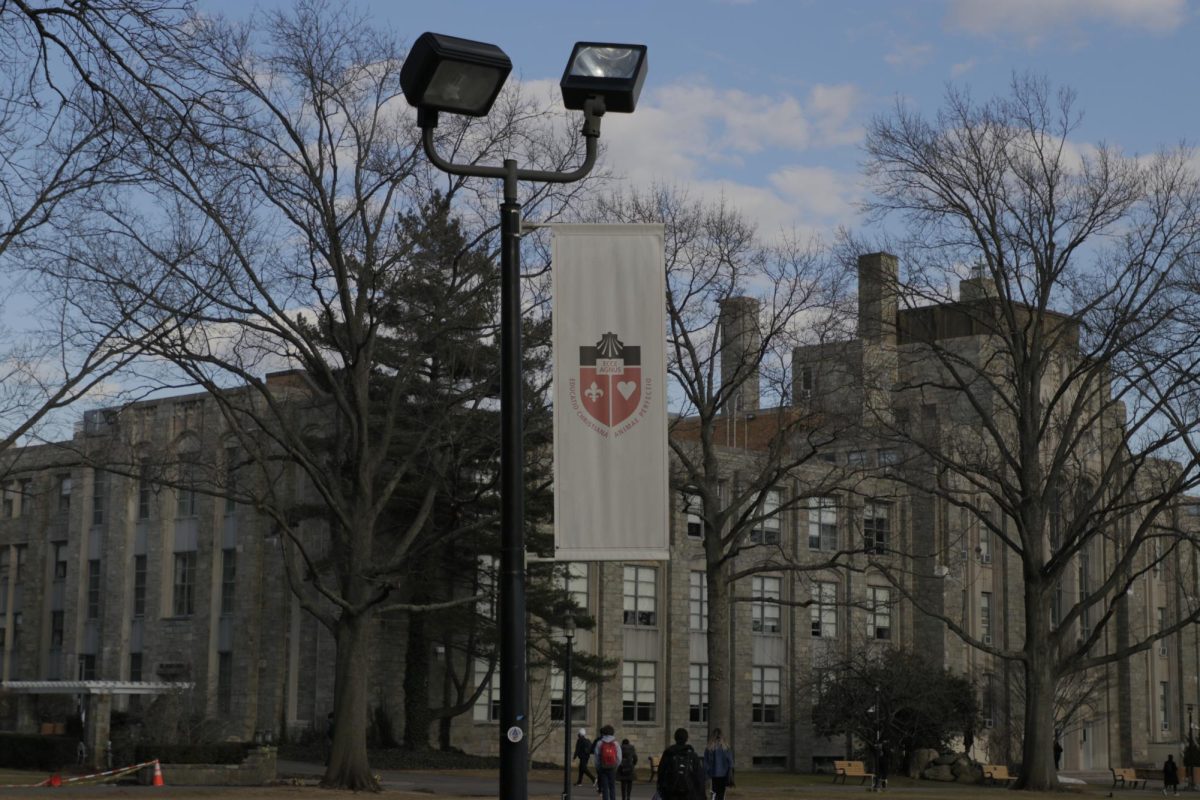
This summer’s political landscape made staying informed crucial to avoid getting deceived by misinformation. Keeping up with the latest developments is essential, as today’s headlines often set the stage for tomorrow’s pivotal decisions. In a season where every headline could shift the narrative, your awareness is the best defense against being blindsided.
In August, The United States experienced its 15th warmest month in 130 years. The average temperature was 74.0°F, 1.9°F above average. Hurricane Debby and Tropical Storm Ernesto caused significant damage, including heavy rains, flooding and power outages across the Southeast and Puerto Rico, while Hurricane Hone brought similar effects to Hawaii. The extreme weather contributed to a rise in drought conditions, as about 30% of the U.S. was affected by early September.
In response, political leaders are calling for urgent climate resilience measures and infrastructure improvements to better handle future weather events and mitigate their impacts. The question remains: why have those in power failed to make significant progress in preserving the environment?
On June 8, Israel Defense Forces (IDF) carried out a military operation in central Gaza aimed at rescuing four hostages, during which Gazan authorities reported that 274 Palestinians were killed and hundreds more were injured. Other efforts to free the over one hundred remaining Israeli and foreign hostages taken by Hamas on Oct. 7 have been largely unsuccessful, and their location and health status are unknown. Almost two million Gazans, more than 85% of the population, have fled their homes since October 2023. The ongoing humanitarian tragedy in Gaza, made worse by the IDF’s recent operations, exposes a serious global political failure to put the defense of civilian lives before military goals.
The tragic loss of 274 Palestinian lives during a mission to free hostages demonstrates how the political strategy in place today has neglected the human cost of war on several occasions. Leaders have frequently resorted to bluster and inaction instead of calling for meaningful peace negotiations and urgent ceasefires, allowing the agony of nearly two million displaced Gazans to continue unchanged.
Around 40,000 people are thought to have died in Gaza, according to recent estimates from the Hamas-run Gazan Health Ministry. However, it is difficult to confirm these figures because there is little foreign access to the region. At least 71 individuals were killed when Israel launched a massive attack on south Gaza on July 13, specifically targeting two of the top Hamas commanders.
The conflict between Russia and Ukraine escalated during the summer of 2024 as fighting continued in the eastern territories and both sides launched counterattacks and strategic offensives.
The humanitarian situation has gotten worse as a result of Russia’s persistent military pressure, which includes targeted attacks and territorial expansions. Despite this, Ukraine’s military has erected strong defenses with more backing from abroad. There has been no movement in diplomatic efforts to broker a ceasefire, making the situation unstable and the future uncertain.
State primaries and caucuses allow each party to choose its nominee for the general election in the presidential nomination process. At the Milwaukee convention, former president Donald Trump formally emerged as the contender after securing the Republican candidacy with a commanding lead.
Vice President Kamala Harris joined the Democratic candidacy when President Joe Biden withdrew. She faced no opposition from other Democrats.
Former President Donald Trump narrowly escaped an assassination attempt during a rally in Pennsylvania, where gunman Thomas Matthew Crooks attacked, killing a spectator and injuring two others before being shot himself. Trump, who was grazed by a bullet, described feeling saved by “luck or by God” and remarked on the surreal and sobering experience of the crowd’s reaction.
This summer has been marked by a whirlwind of political and environmental upheavals, from intense weather events to dramatic shifts in international and domestic politics. Rapid shifts and significant discoveries affecting local governance and global stability highlight how crucial it is to be informed. It is our responsibility as citizens to effect change by participating in protests, exercising our right to vote, and lending help to those who are in crisis.







